
Marriage to Frank James came with a catch that I didn’t realize until it was too late.
Early on, he mentioned he loves country music. But the full extent of that love didn’t sink in until the wedding was over and we were driving from Portland, Oregon to our first apartment in Ambler, Pennsylvania. That’s when I learned the truth about his passion for country music and worse, that this man can find a country music radio station anywhere.
Pick any state from Oregon to Pennsylvania. Even in the remotest parts of the country—even in Oxford, England—Frank can find one. Let me just say, for someone trained in classical music (which he jokingly called “cartoon music”), that cross-country road trip put my wedding vows to an early test.
Fast forward to 2019. We’ve managed to negotiate our musical differences. Frank enjoys classical music as much as anyone, and I’ve even come to like some country music, although I must admit a sense of relief when the Tammy Wynette concert we were planning to attend got canceled.
I have my limits.
That said, recently I proved my undying love for Frank by accepting his invitation to a Steve Earle concert here in Sellersville PA. Admittedly, I actually liked a couple of his songs. But the takeaway for me came during one of the interludes when Earle spoke about his autistic son and the school he sponsors (The Keswell School) in New York City that provides one-on-one teacher/student education for autistic children. He said, “The cure to cancer could be locked up inside one of these kids.”
As a cancer survivor, that statement makes me shudder.
It leaves me wondering what other cures, innovations, creative solutions, and advances remain locked up because we give up on certain individuals, allow the natural consequences of poverty to take their course, fail to educate and provide opportunity for others, and simply lack the necessary curiosity to imagine what gifts God has entrusted to others?
What are we losing?
The ancient book of Ruth continues to hover over me—even showed up at a Steve Earle concert. The question Earle was asking is one the Ruth narrative raises.
When Naomi, a former famine refugee, returned home to Bethlehem with her immigrant daughter-in-law Ruth, no one in the receiving community imagined the good that was coming. In the eyes of the local culture the two women only brought deficiencies.
Both were widows. Neither possessed the qualities that mattered in a potential wife or that gave a woman status and security. The men in the family were all dead, and neither woman was fertile. Naomi was post-menopausal; Ruth was certifiably barren. According to the patriarchal culture’s gold standard for measuring a woman’s value—by counting her sons—both women scored a zero. Both were below the poverty level. They would be a drain on society, dependent on the Israelite welfare system (a.k.a. Gleaning Law) for survival.
No one in Bethlehem could have imagined how much was riding on the shoulders of these two “zeroes.” No one envisioned potential or promise when the pair arrived in Bethlehem. No one expected a day would come when the nation—indeed the whole world—would stand in their debt. No one, not even the two women themselves, would have dreamed that YHWH was powerfully at work through these two so-called “cultural nobodies” or that national and cosmic matters were at stake in their willingness to take bold risks and make costly sacrifices to address local family matters.
And yet, the purposes of God for the nation and for the world moved forward through their actions. The baby the marriage of Boaz and “barren” Ruth produced, the son Naomi raised as her own, became the grandfather of Israel’s King David and the forefather of Israel’s royal line that in hindsight we know ultimately produced King Jesus.
If the book of Ruth has taught me anything, it is to be careful before assuming I know through whom or how God is doing big things in today’s world. The likelihood is high that it isn’t someone I would ever suspect. Steve Earle underscored that when he spoke expectantly of unlocking the potential of autistic kids. It raises the question: What gifts and potential for good, what cures, innovations, and advancements remain locked up inside people we instinctively count out because they’re too young, too old, too poor, too washed up, too unemployed, too uneducated, too different, too “other”?
Shouldn’t the story of Ruth and Naomi and Steve Earle’s passion to unlock the gifts and potential in autistic children give us second thoughts when someone new crosses our border? Shouldn’t we as Christians possess a different perspective when we look at someone our culture (or we ourselves) are inclined to count out?
I am still no fan of country music. But I’m beginning to think an occasional country music concert might do me a lot of good. (Don’t tell Frank.)




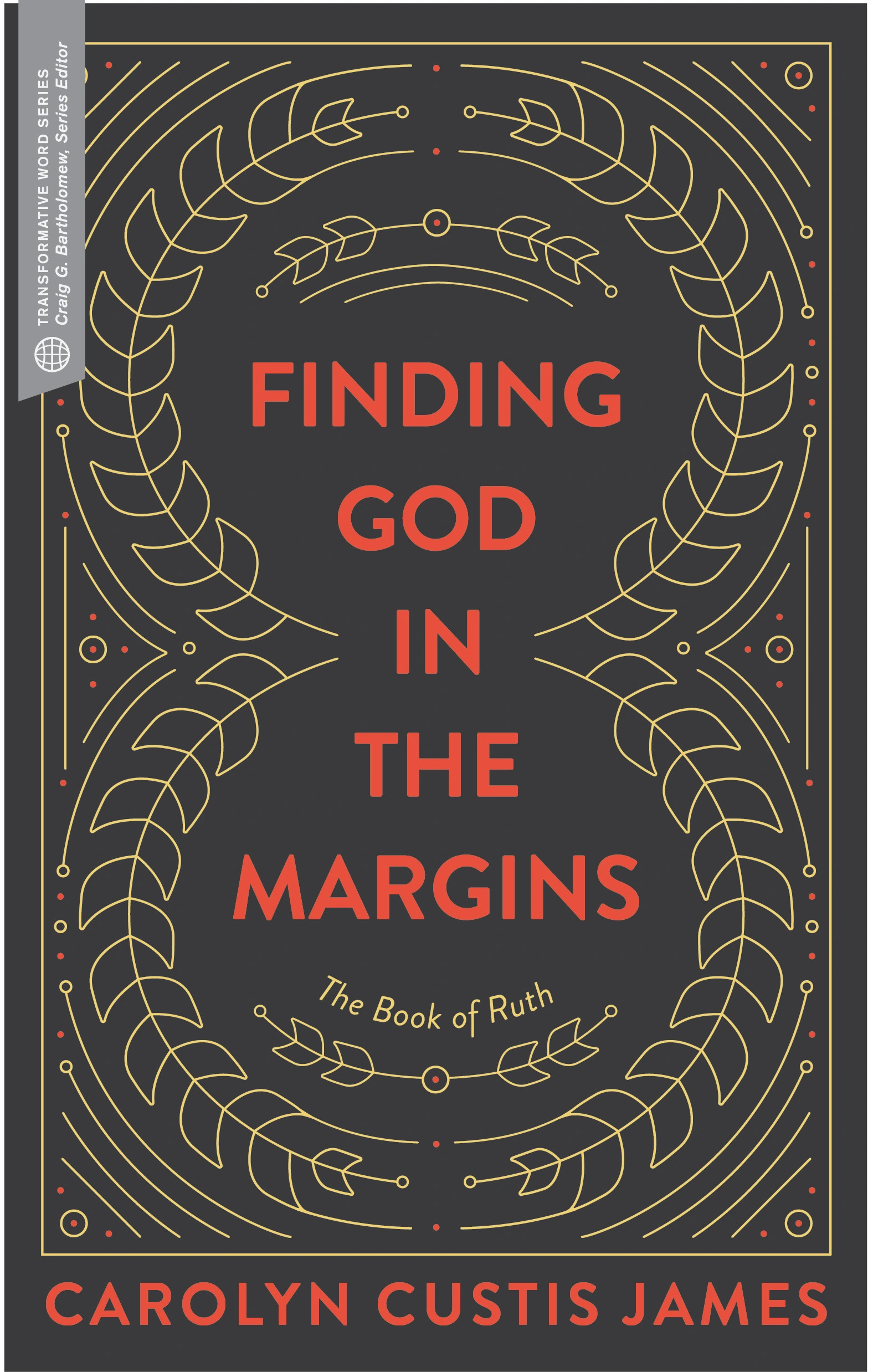
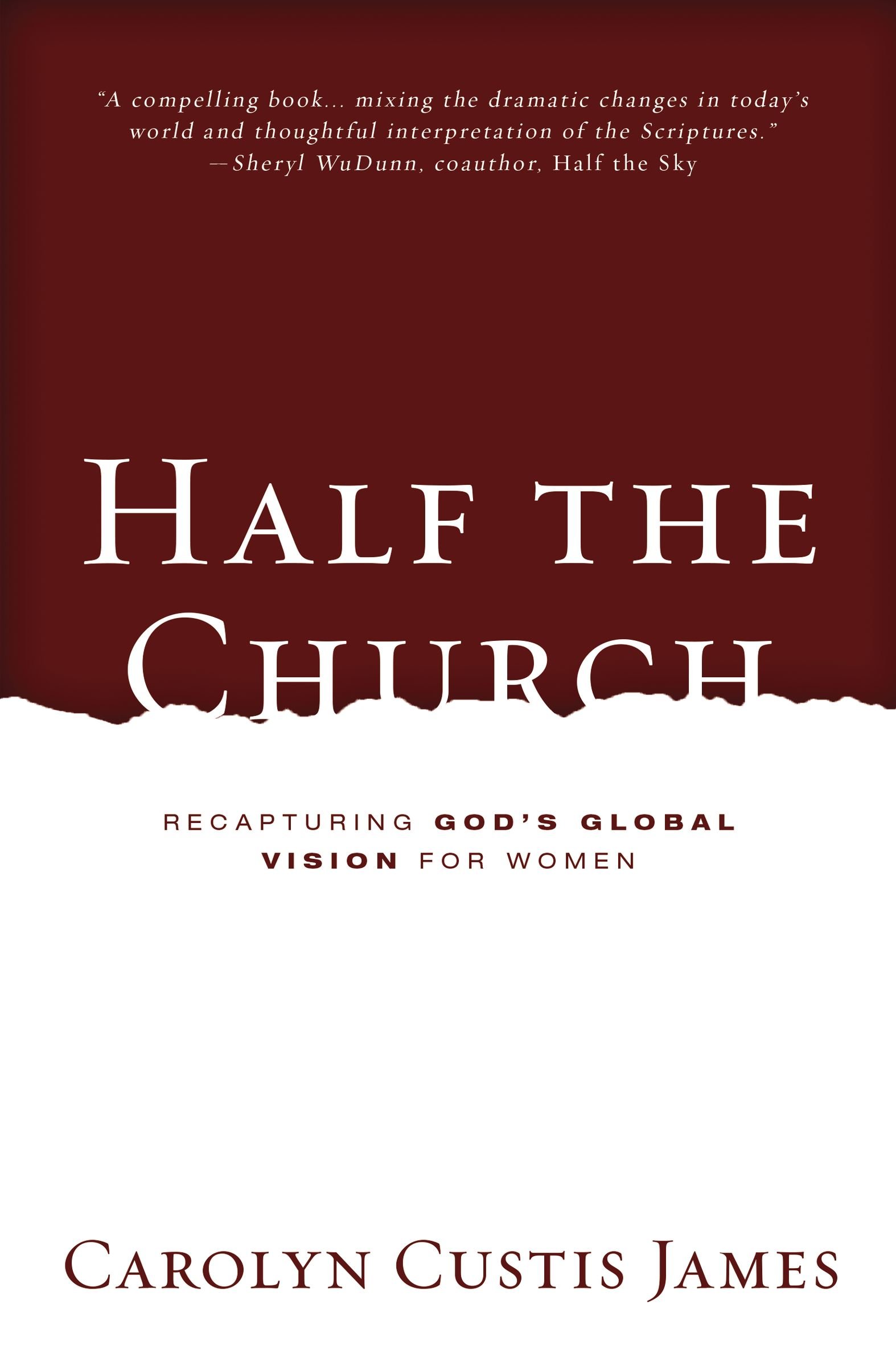
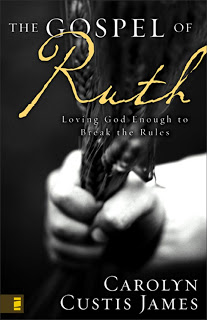
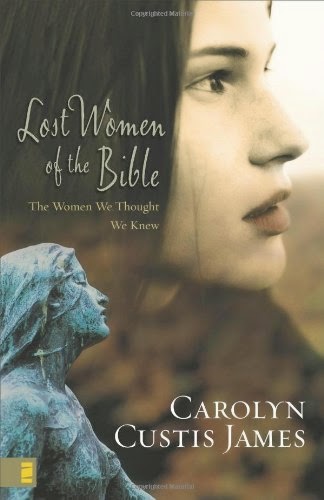

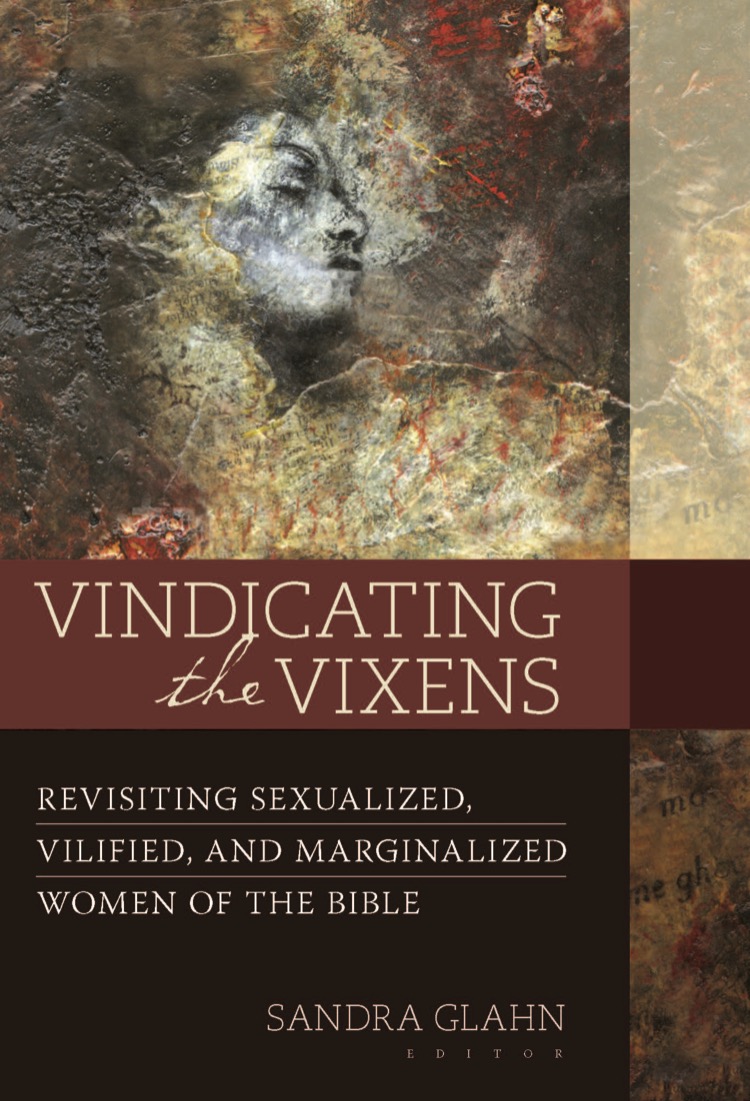




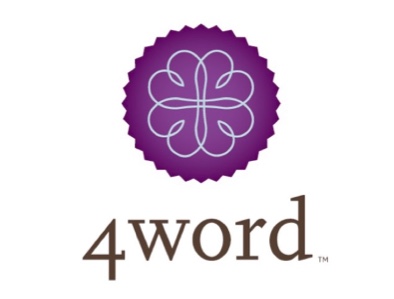
Poignant…and maps so beautifully onto our call in Christ in all its dimensions
LikeLiked by 1 person
I agree. The implications impact everything.
LikeLike
Pingback: A Triumphant Tale of a Blind Immigrant | Carolyn Custis James